|
Loneliness is a Growing Mental Health Crisis
Rev. Dr. Kitty Boitnott, NBCT, RScP
Heart-Centered Career Transition & Job Search Coach | Life Strategies and Stress Management Coaching
According to the American Psychological Association (APA), a growing loneliness epidemic "represents a threat to public health that exceeds that of obesity." In many ways, loneliness is a growing mental health crisis with implications for public health across the board.
Feeling lonely has nothing to do with the number of friends you may have. In fact, some of the loneliest people are surrounded by people all the time.
The sense of loneliness comes from a feeling of disconnectedness or isolation that makes it extremely hard to connect and communicate with others. You can feel alone in the midst of a large gathering of friends and family members. That sense of isolation is what loneliness is all about.
It is important to point out that being lonely isn't the same as being alone. Some people enjoy their solitude and prefer it to being surrounded by people.
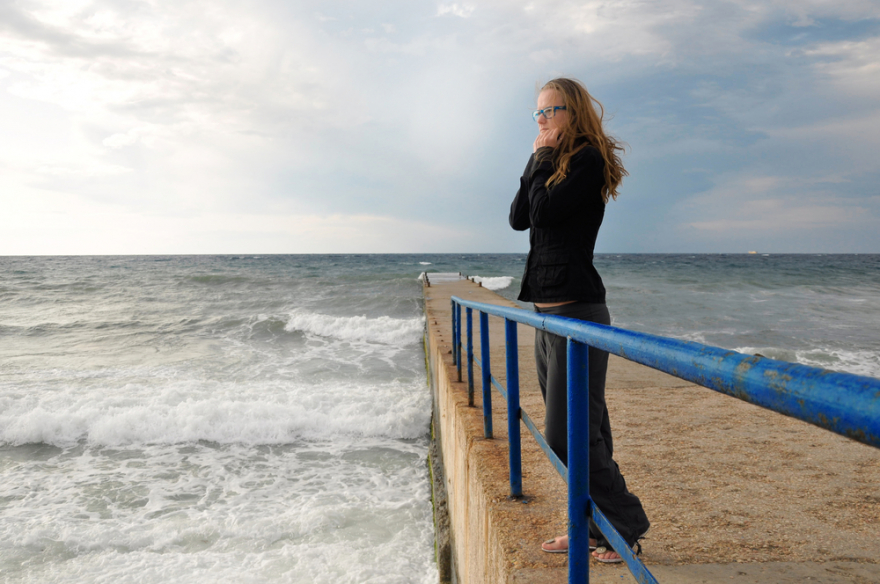
But loneliness goes beyond the physical aspect of being alone.
Now, just to be clear, almost everyone experiences a sense of loneliness at different times in their lives, and that is to be expected and is normal. Finding your way when you first go to college is one example that comes to mind. My freshman year, my roommate never showed up, and my suitemate was less than friendly. Thankfully, a high school classmate that I had not known that well in high school was on the same floor, and we found one another. And eventually, I got a roommate that I loved. We are still in touch today. But those first few weeks were trying for me. I felt both alone and a little lonely for a while. But it passed with time.
At another time in my life, I felt very alone.
In my early 30's, I experienced heartbreak as the result of a relationship not working out as I wanted it to. It was devastating. My heart literally hurt. But after a while, I felt like the time for talking about it to friends and family had passed. They thought I should move on. But I had a hard time doing that. And so I kept my feelings to myself and began to feel very isolated.

As time went on, I got tired of feeling so sad all the time. It was exhausting. I started seeking out self-help books and found a group at a new church that gave me a sense of hope. Over the period of a few months, I began to recover from the breakup. But even though that was over 30 years ago, I remember vividly what that feeling felt like.
While feelings of loneliness tend to fade once an individual starts to once again interact with others, periods of chronic loneliness are typically more long-lasting and can have a serious negative impact on overall mental health. What follows is a few of the mind-related effects that can crop up due to chronic loneliness. If you are going through a period right now where you feel lonely, you may want to take note. (Or perhaps you know someone that you think may be going through a period of loneliness.)
Stress
Prolonged periods of loneliness have been shown to increase the levels of the stress hormone cortisol. Having high levels of cortisol in your blood for long periods can lead to heightened levels of anxiety and depression. Even worse, this anxiety can cause you to shy away from getting out and being with people. That just exacerbates the sense of loneliness and isolation you may be feeling.
Poor Sleep Quality
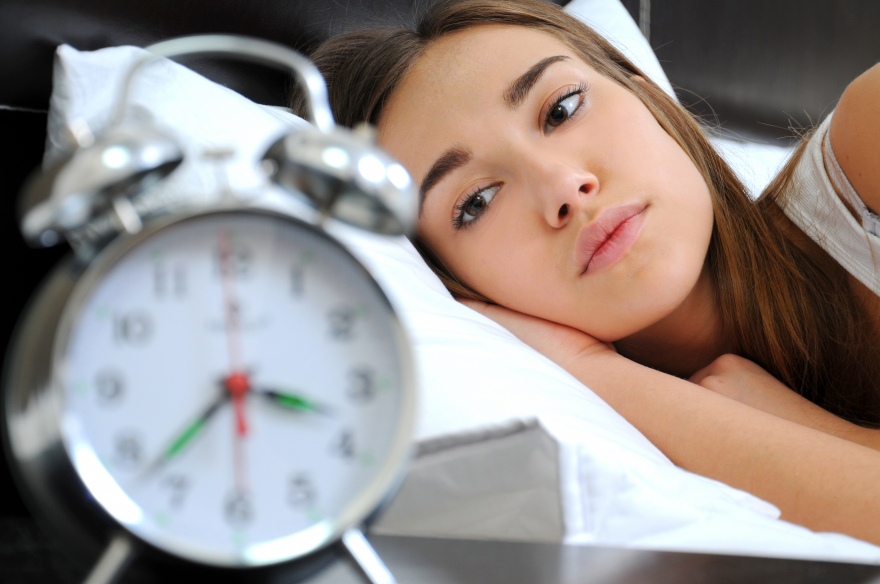
It can be hard to fall asleep when you're feeling lonely. Dwelling on feelings of isolation makes it difficult to clear your head so that you can get a restful night's sleep. Not only that, but the higher cortisol levels associated with chronic loneliness can also make it hard for you to fall asleep and stay asleep. When you are tired, you don't feel like interacting with people. It takes too much energy. And the cycle of loneliness and sense of isolation continues.
Substance Abuse
Instances of alcoholism or substance abuse are common in people who suffer from chronic loneliness. This may be due to the fact that people turn to these substances when they feel like they don't have anyone to talk to. And, while drinking may make you forget that you feel lonely for a time, it doesn't actually address the factors which make you feel lonely. In fact, alcohol is a depressant and can only add to your sense of isolation.
Negative Self-Image
Feeling lonely can have a major impact on the way that you view yourself. It's easy to think poorly of yourself when it seems like you're all alone in the world. You may even feel like you're doing something wrong, or that your loneliness is your fault somehow. Not only can these self-defeating thoughts further your anxiety and depression, but they may also keep you from having positive interactions in the future.
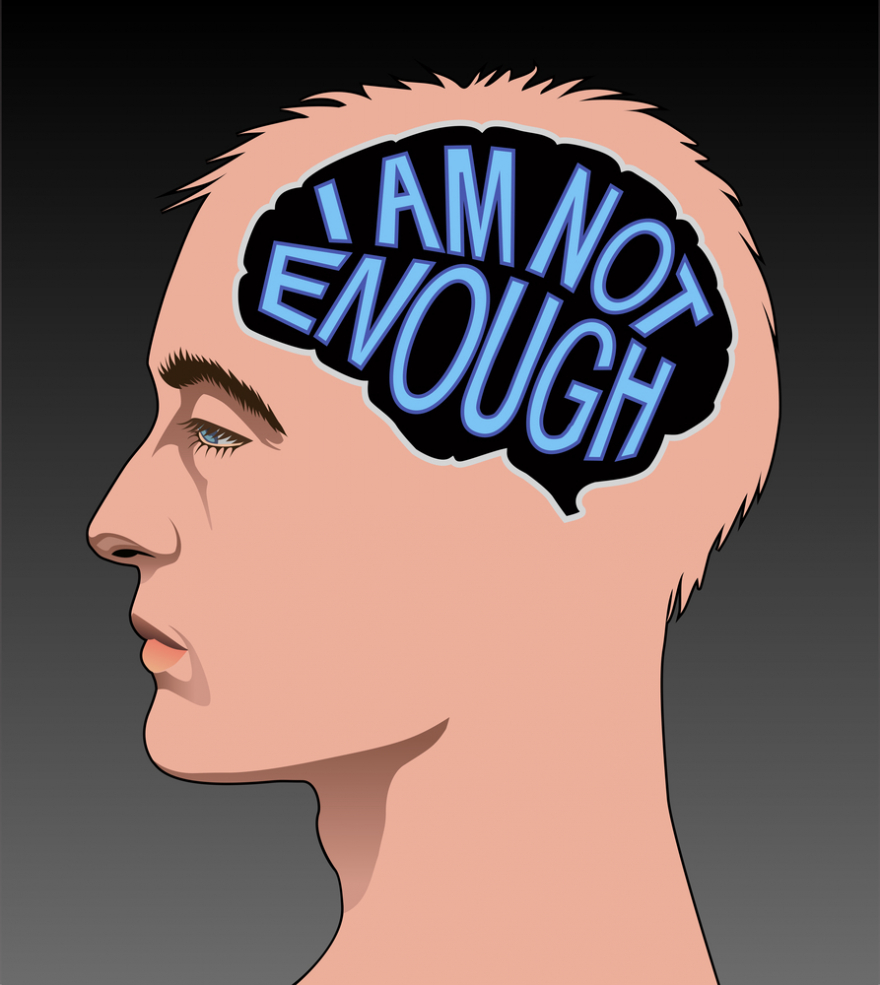
Feeling Withdrawn
One of the most troubling effects of chronic loneliness is that it oftentimes makes you feel withdrawn and like you don't want to make a connection with other people. This means that even if someone who is feeling lonely were to have a conversation with a friend or a family member, they may not open up like they normally would. It prevents them from forming the deeper emotional connections that they need to feel that they're not so alone.
Because loneliness is such a common feeling, many people underestimate the negative impact that chronic loneliness can have on a person mentally and emotionally. If you think that you're feeling lonely and it's more than a temporary situation, please don't be afraid to reach out for help. It can be difficult to overcome loneliness by yourself. But, with the help of your friends and family, you can start taking steps toward feeling less isolated and bringing more social interaction to your life.
Don't Depend on Social Media to Fill Your Tank
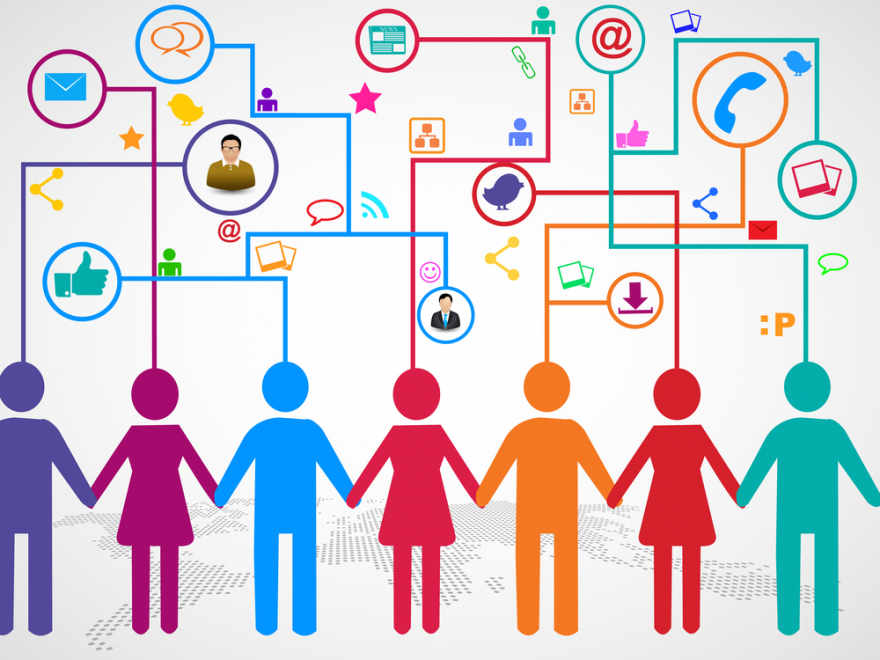
It strikes me as a bit ironic that loneliness is such an epidemic when we are technically more "connected" than we have ever been in the history of our species. We are certainly connected through the wonder of social media platforms like Facebook, Twitter, Instagram, Pinterest, etc. BUT, these platforms offer a simulation of being connected, not real connectedness.
Part of the reason we may feel more lonely is that many of us are separated from family by distance or disruptions in the family dynamic. We can remedy the distance challenge by using the phone including Facetime and Skype. If you are on the outs with a family member, you may want to try to mend fences. You don't have forever to do that, after all. Maybe it is time to approach an estranged family member for the purposes of healing both the relationship and your sense of loneliness.
Ironically, you are the only one who can remedy your sense of isolation.
You have to recognize if you are experiencing loneliness as a chronic condition, and then you have to be willing to do something about it. In times past, I have found myself in an "alone" state as opposed to feeling "lonely," but to avoid feeling lonely, I sought out activities that involved other people. I volunteered to teach a Sunday School class at my church. I joined a dance club (I love Carolina Shag music). I made new friends and created new networks.
It's hard, I know, to take that kind of initiative if you are in the depths of feeling isolated from everyone. And that is especially true if you have convinced yourself that you have nothing to offer (refer back to the portion of this post about negative self-image).
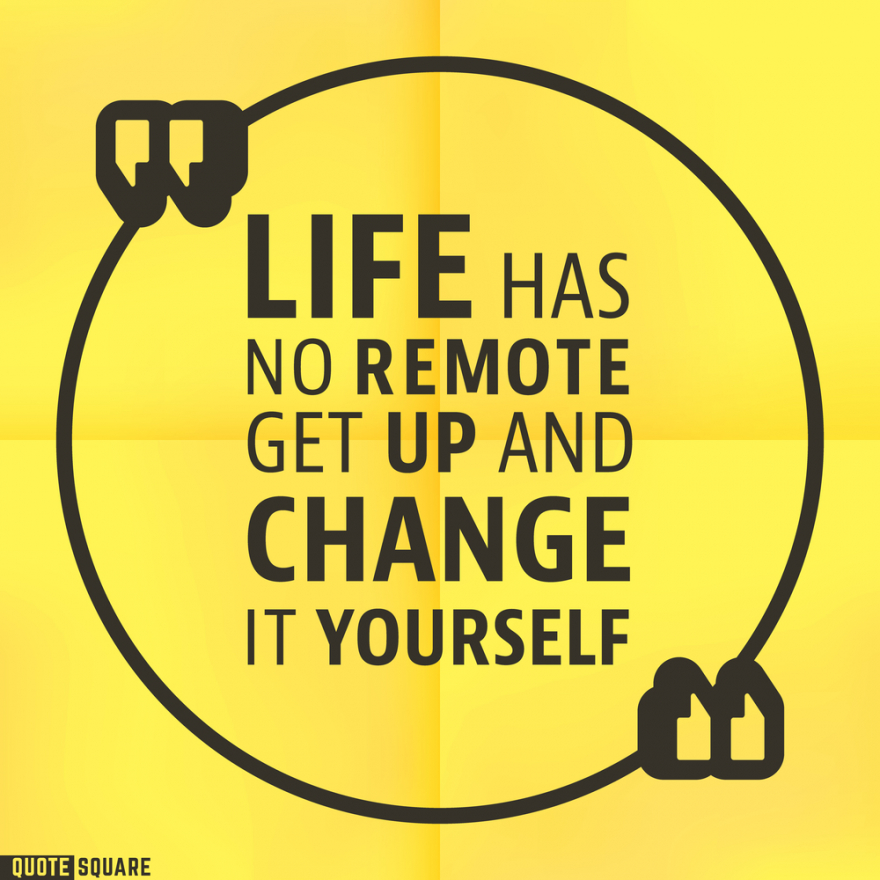
But your life is ultimately your responsibility and no one else can live it for you.
If you are chronically unhappy because you are chronically lonely, there are ways to get yourself plugged into groups of people who are like-minded and will accept you just as you are.
Don't let loneliness ruin your life by sucking all the fun out of it. Remember that life was meant to be lived full out. Earl Nightingale said, "Learn to enjoy every minute of your life. Be happy now. Don't wait for something outside of yourself to make you happy in the future. Think how really precious is the time you have to spend, whether it's at work or with your family. Every minute should be enjoyed and savored."
Until next time.
P.S.
If you are having trouble with sleep, perhaps this resource would help. I offer a mini-course and an ebook on sleep and how to get better sleep.
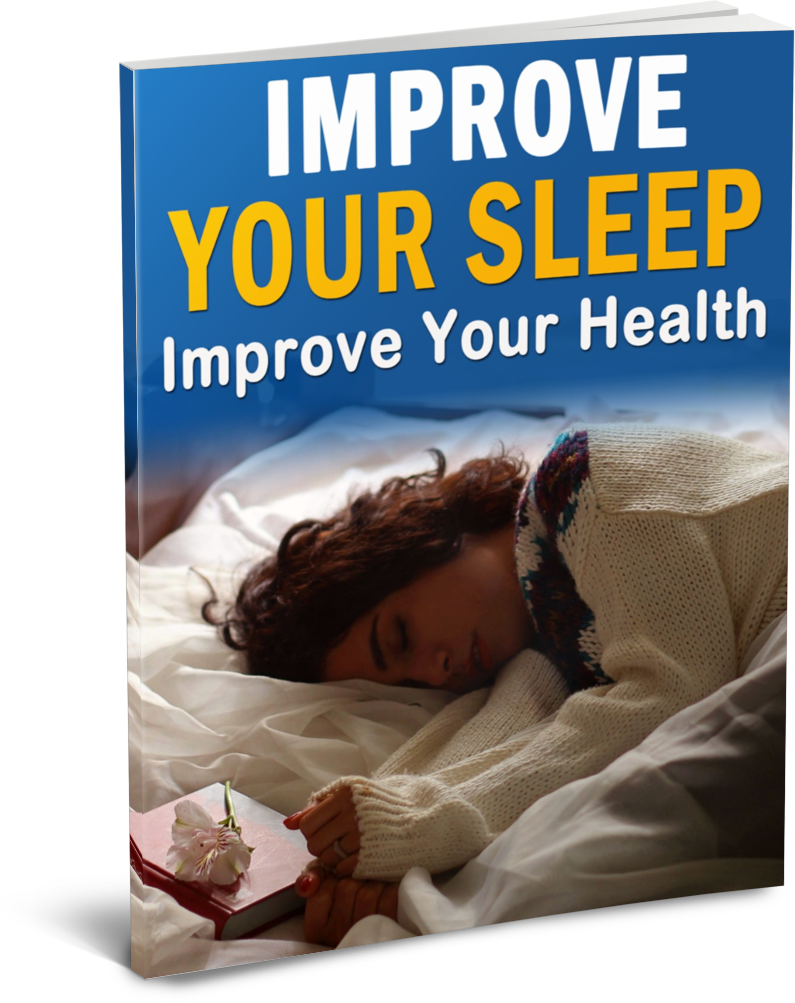 The e-book is available for $7. The e-book is available for $7.

And the e-course is available for $37.

Have questions? Email me at kittyboitnott@boitnottcoaching.com.
|